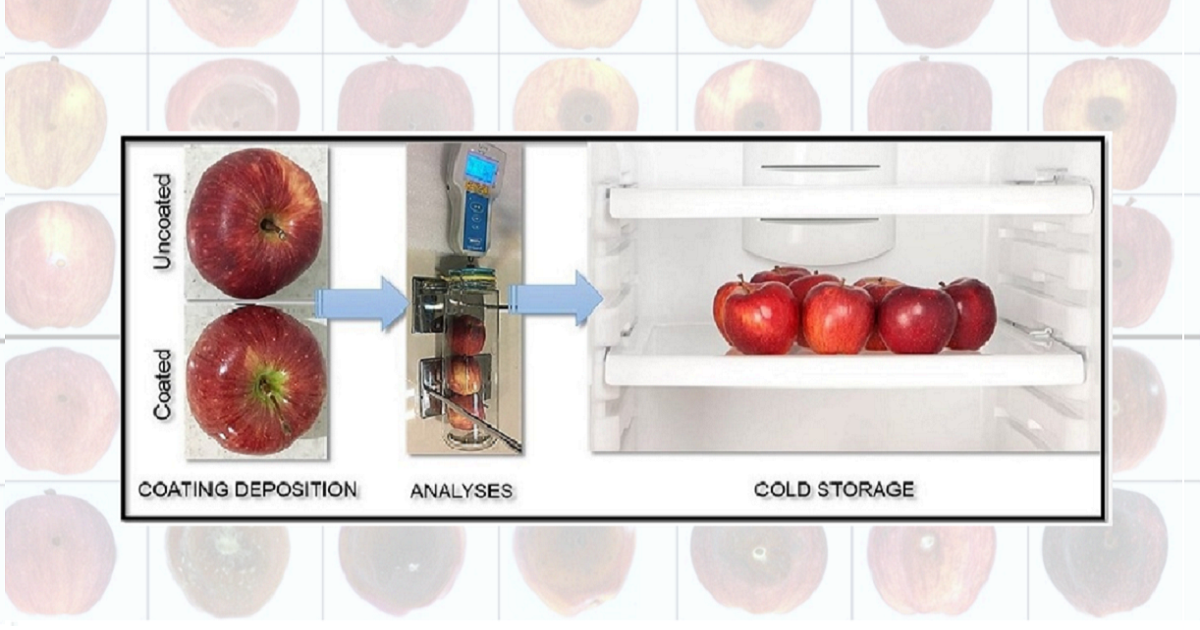- 2.8Impact Factor
- 5.4CiteScore
- 15 daysTime to First Decision
Bio-Nanocomposite Coatings: A Potential Strategy to Improve the Overall Performance of Food Packaging Materials
This special issue belongs to the section “Coatings for Food Technology and System“.
Special Issue Information
Dear Colleagues,
Multiple efforts have recently been made at both academic and industrial levels to replace current food packaging systems, mostly relying on environmentally impacting materials, with high-performing and more sustainable solutions. In this scenario, the involvement of natural biopolymers such as proteins, carbohydrates, and lipids as coating agents to yield alternative packaging configurations has become a trendy and fascinating research topic. Such biopolymers, upon the tuned loading of targeted compounds, could generate nanocomposites either possessing active behavior (e.g., antimicrobial, antioxidant power) or boosting thermal/mechanical/barrier properties of the employed substrate (e.g., plastic, bioplastic, paper/paperboard). Hence, packaged food items with high quality and increased shelf-life could be obtained in comparison to their uncoated counterparts (i.e., the bare substrate).
With the current Special Issue, we would like to catch the attention of food/material scientists, engineers, and technologists, and invite them to contribute via original research papers, review articles, and short communications. Research areas may include (but are not limited to) the following ones:
- Design/development/validation of bio-nanocoated packaging systems;
- Evaluation of thermal/mechanical/barrier/optical properties of coated systems;
- Migration from packaging materials;
- Surface behavior of coated systems;
- Interaction between the coating and employed substrate;
- Shelf-life tests;
- Mathematical modeling/simulation of phenomena taking place during food preservation;
- Scaling up of equipment related to coating processes;
- Economical/life-cycle assessment analyses.
Dr. Daniele Carullo
Prof. Dr. Stefano Farris
Guest Editors
Manuscript Submission Information
Manuscripts should be submitted online at www.mdpi.com by registering and logging in to this website. Once you are registered, click here to go to the submission form. Manuscripts can be submitted until the deadline. All submissions that pass pre-check are peer-reviewed. Accepted papers will be published continuously in the journal (as soon as accepted) and will be listed together on the special issue website. Research articles, review articles as well as short communications are invited. For planned papers, a title and short abstract (about 250 words) can be sent to the Editorial Office for assessment.
Submitted manuscripts should not have been published previously, nor be under consideration for publication elsewhere (except conference proceedings papers). All manuscripts are thoroughly refereed through a single-blind peer-review process. A guide for authors and other relevant information for submission of manuscripts is available on the Instructions for Authors page. Coatings is an international peer-reviewed open access monthly journal published by MDPI.
Please visit the Instructions for Authors page before submitting a manuscript. The Article Processing Charge (APC) for publication in this open access journal is 2600 CHF (Swiss Francs). Submitted papers should be well formatted and use good English. Authors may use MDPI's English editing service prior to publication or during author revisions.
Keywords
- bio-nanocomposites
- food packaging materials
- functional properties
- surface properties
- sustainability

Benefits of Publishing in a Special Issue
- Ease of navigation: Grouping papers by topic helps scholars navigate broad scope journals more efficiently.
- Greater discoverability: Special Issues support the reach and impact of scientific research. Articles in Special Issues are more discoverable and cited more frequently.
- Expansion of research network: Special Issues facilitate connections among authors, fostering scientific collaborations.
- External promotion: Articles in Special Issues are often promoted through the journal's social media, increasing their visibility.
- e-Book format: Special Issues with more than 10 articles can be published as dedicated e-books, ensuring wide and rapid dissemination.

